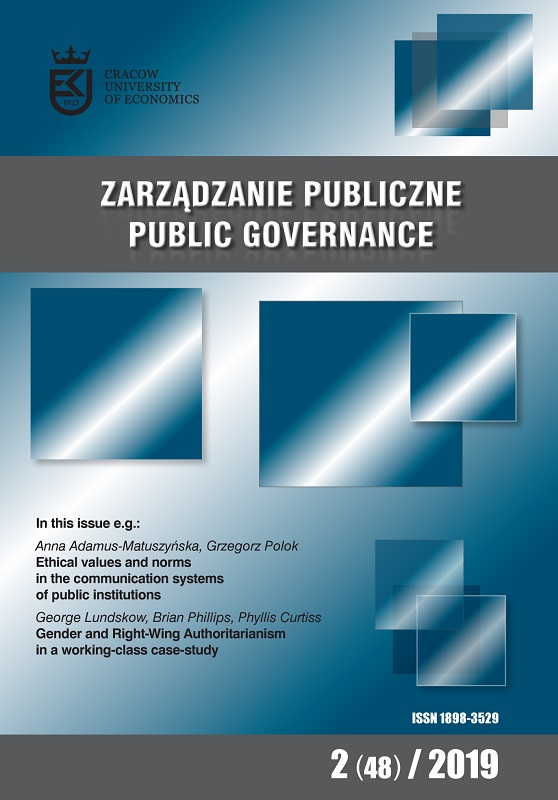Does behavioural economics equip policy-makers with a complete (enough) picture of the human: the case of nudging
Does behavioural economics equip policy-makers with a complete (enough) picture of the human: the case of nudging
Author(s): Agnieszka Wincewicz-PriceSubject(s): Politics / Political Sciences, Social Sciences, Economy, Geography, Regional studies
Published by: Uniwersytet Ekonomiczny w Krakowie we współpracy z Wydawnictwem Naukowym Scholar
Keywords: nudges; behavioural economics; behavioural public policy; well-being; human choice; practical reason
Summary/Abstract: Objectives: The article offers a critical discussion of the policy of nudging and suggests so far unexplored evaluationcriteria for behavioural policy experts and practitioners.Research design: A multi-disciplinary approach is taken here to fill out the thin anthropology of homo economicus – whichis shown to inform the concept of nudging – with selected aspects of human agency which are commonly discussedin moral, political and economic philosophy. The aim of this paper is twofold: 1) to outline the conceptual shortcomingsof the behavioural foundations of the nudge theory as it has been originally proposed by Thaler and Sunstein; 2) tosuggest several non-behavioural aspects of human agency and action which extend the original concept of nudging andshould be accounted for by policy-makers in their design of nudge-like behavioural interventions.Findings: It is claimed that mere inclusion of cognitive biases and irrationalities in the behavioural approach to policydoes not sufficiently extend the artificial concept of the rational agent; in particular this narrow understanding of humanfailure misses important aspects of the rich concept of well-being.Implications: The use of nudges requires a comprehensive knowledge of the application context. In underspecifieddecision contexts, choice architects need to apply more care and critical reflection in order to prevent unintended orharmful consequences of nudging.Contribution: It is rare for pragmatically oriented public policy research to focus on the philosophical concepts thatinform its theory and practice. This paper is a philosophical reflection on some key elements inherent in nudging. Ithelps better to understand the ambiguous design, potential and limitations of nudge policy.Article classification: theoretical/conceptual.
Journal: Zarządzanie Publiczne
- Issue Year: 2019
- Issue No: 48
- Page Range: 58-73
- Page Count: 16
- Language: English

